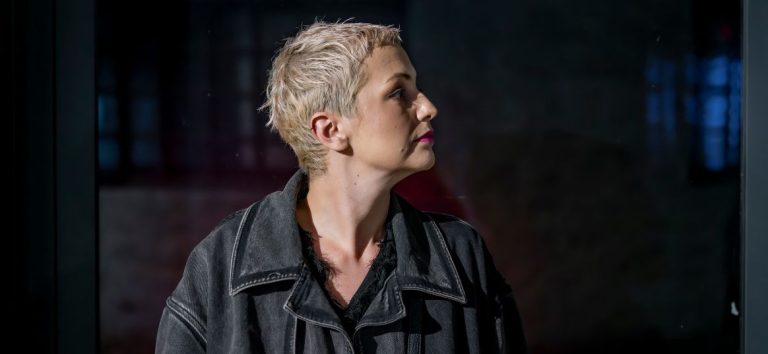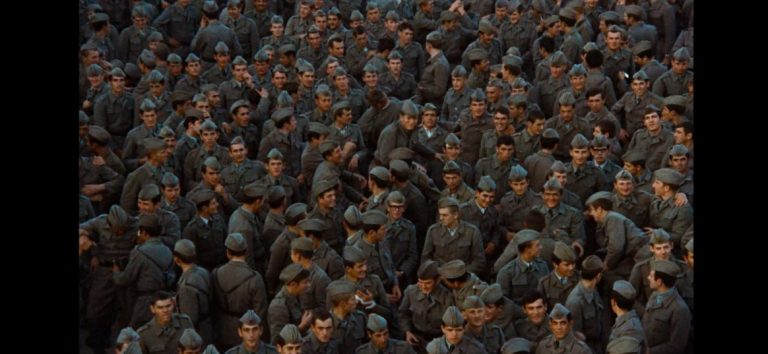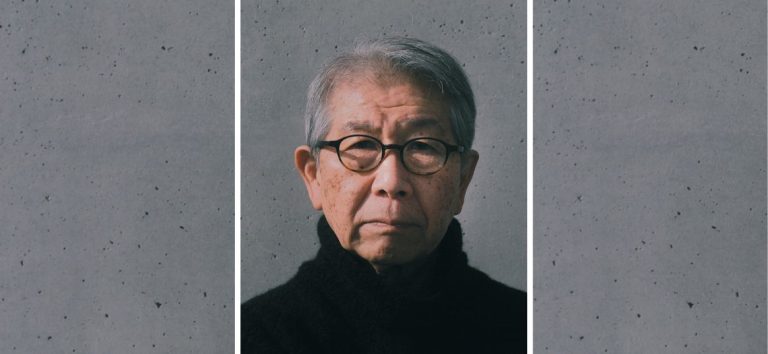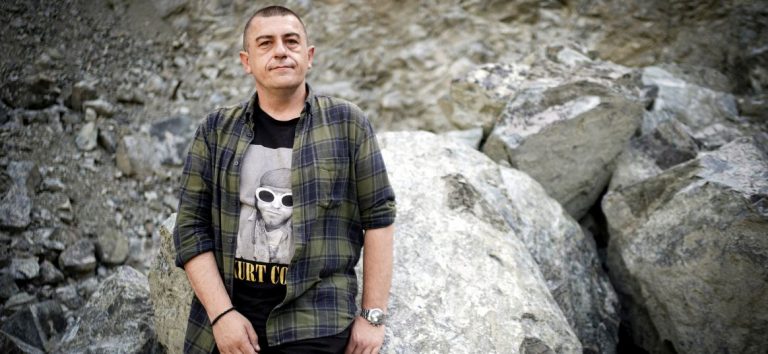Did you know that, individually, we produce about a kilogram of communal waste per day, that is not disposed of adequately? Should we start thinking about what kind of planet we are leaving to future generations? As part of The Danube Sea, a programme arch of the European Capital of Culture, we deal with the presentation of cultural heritage and the preservation of the natural resources of the Danube, one of the largest European rivers, through art. Therefore, we talked about ecology and living without waste with environmental activist Milja Vuković. She is an art historian, the founder of the Facebook group For less garbage and more happiness (Serbian Za manje smeća i više sreće), and someone who lives in harmony with nature and the so-called zero waste concept (life without waste). Milja Vuković revealed to Visit Novi Sad how this is possible and with what small steps can we all move towards a better eco-future.
Through the current programme arch of the European Capital of Culture, The Danube Sea, we are re-examining the attitude of humans towards nature through the metaphor of the most polluted European river. How do you perceive the importance of such a programme for Novi Sad as the European Capital of Culture? Can art contribute to general awareness?
I think that art has an extremely important role because it can present the contents of our inner world in the most accurate and complete way in the material, real world, and the issues of nature protection are often so sensitive that it is difficult for us to face them and understand them. Art can really do a lot in that regard. There is a whole series of works of art that problematise our relationship with nature, draw attention to endangered species, draw attention to the rights of the non-human world, interpret the beauty of nature etc., which helped me at certain moments in my life to better understand, see, accept the moment in which we are present.
Can you explain the principles of the ‘zero waste’ lifestyle and how you manage to live with minimal waste in a country where the awareness of recycling and sustainability may not be widespread enough?
Not only in our country, but in general, in the system of values that currently prevails on the planet, the emphasis is on excessive production and consumption. We no longer create to satisfy basic, essential needs, but only to satisfy the insatiable need for profit to produce more and grow. And at any cost. In that sense, recycling is not a solution, it can only work if all the steps of waste prevention have been done beforehand and that is the exciting part, and these are precisely the principles of zero waste or living with less waste or sustainable living: rethink (think before you buy something – do you actually need it, how long will you be able to use it for, to what extent will it really make you happier, more productive, etc.), reuse – repurpose, repair, save, reduce, borrow, compost…
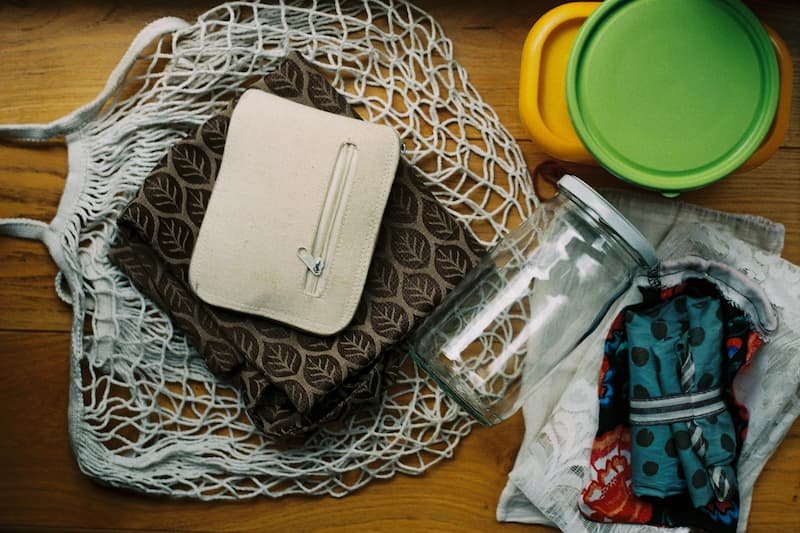
I try to buy groceries mostly to measure, without packaging or in recyclable packaging. I compost organic waste. I try to use other things (clothing, electronics…) for a long time, I take care of them, and repair them. I regularly use second-hand items. I strive to be informed about the impact that the food and items that I use have on the planet. A lot of ideas and tips are presented on the website plavoizeleno.rs and the Facebook Za manje smeća i više sreće. And, of course, it’s not just about waste, it’s also about sustainability and ethics: if I can, I’ll give priority to local producers, I try to use as few products of animal origin as possible, and I’m interested in how the products I buy were produced, what their overall environmental and social footprint is… I am far from living perfectly and always in accordance with all these principles, but for a long time, these are the principles and values which I have been trying to harmonise my life with as much as possible.
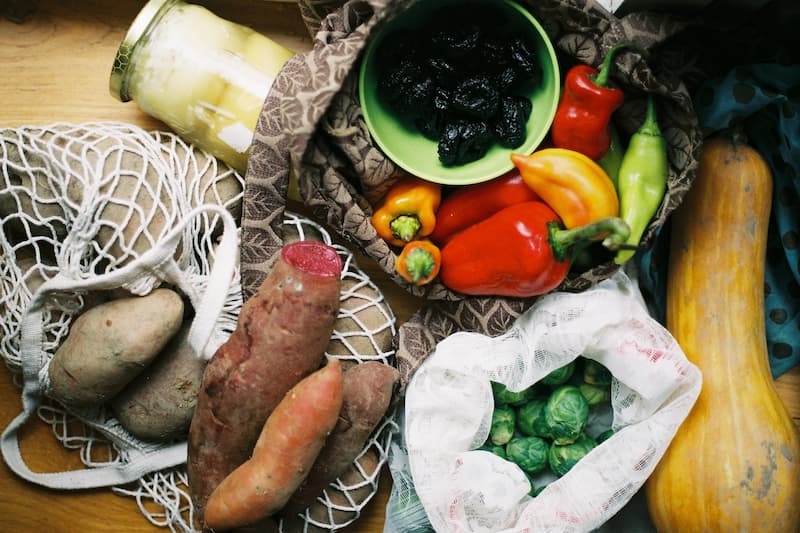
Are we, as a society, in your opinion, aware of the danger whose consequences we will feel in the (near) future? To what extent does human influence transform everyday life and the future?
We are still not aware of the scale of the problem, the consequences of which are already here. As one statement circulating on social media these days states: ‘This is the coolest summer we will ever feel’. What I see and feel, and think is that every change, when it’s just starting, is difficult, and the inertia is great. It is interesting, but a little-known fact, that since the beginning of the 70s, we have not been living within the limits of sustainability, or in other words, we have been living ‘on a loan’ and heading towards bankruptcy. When I say we, I mean our species, the human community. Our impact on the planet is vast and far-reaching. This year, 28 July was Earth Overshoot Day, which is the day by which we as a species have used up the amount of the so-called ‘natural resources’ that the planet can renew in the next 12 months – after this day we are not catching fish, we are exterminating them, we are not using water sources, we are depleting them…
What is the minimum that every household can do to reduce waste and pollution, first in larger cities, but also in smaller areas? Can you give us good examples of how we can approach the zero waste concept?
My answer has two steps. First: it is extremely important to transform our individual lives, to imbue our lives with that other logic – the logic of sustainability. I would add – gratitude and respect for what we have. In practice, this means using the things we have as long as possible, buying them carefully, borrowing them instead of buying them – when possible (the economy of borrowing and renting is important), and simply paying attention in order to create as little waste as possible. Lots of advice is available in the Facebook group I mentioned, and you can always ask questions there. I would also say that it is extremely important to realise what it is in life that really fulfils us and makes us happy.
I think that this massive consumerism, that society is constantly and aggressively pushing on us from all directions, is actually something that leaves us empty and thirsty. It’s like drinking salt water. And of course, we remain thirsty, thirsty for Meaning.
Second: if we can, whenever we can, we work to bring change into our society, demand constructive changes from our state, demand responsibility from companies, and resist practices that are toxic in the long run (through the consequences of microplastic pollution, for example, the problem that plastic brings will remain with us for centuries). Let’s give advantage to small, local, or social enterprises. Let’s prioritise free time in nature or with nature and friends. Let’s prioritise creativity instead of the overheated machine of production and consumption. This level of waste, disrespect, and unsustainability that we see all around us – that is not progress, that is destruction leading to collapse.
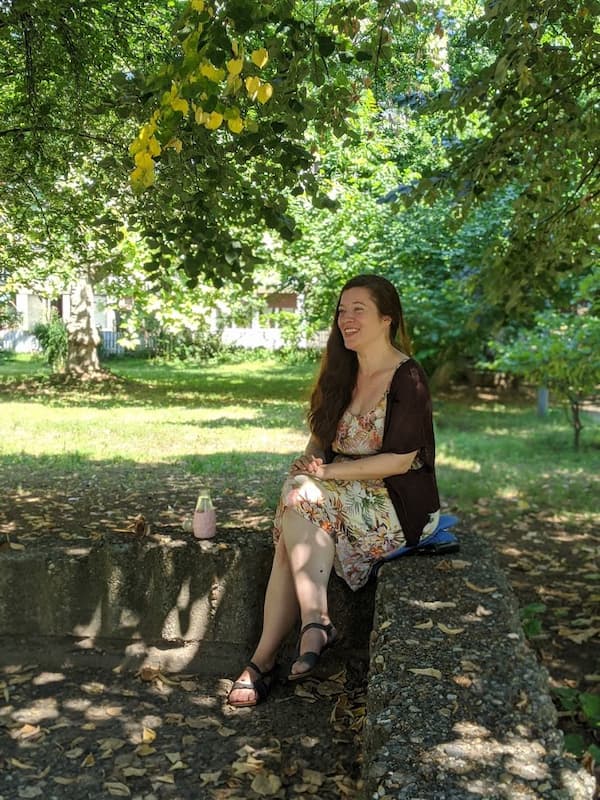
What options for recycling exist in Serbia, what is suitable for recycling and what is not at all, and does it even make sense to recycle here?
I can direct people to read an article Reciklabilni ambalažni otpad u Beogradu – da li se i šta se prikuplja? (Recyclable Packaging Waste in Belgrade – What Is Gathered If Anything?) by Milica Lukić, because there is a fairly clear and brief explanation of what actually has a chance of being recycled. When it comes to recycling, it’s important to remember: we should certainly deal with reduction, and prevention of waste generation, that’s the basis of everything; and secondly, we should be well informed about what is truly recyclable, because a very small part of our waste belongs to that category.
Your Facebook group has over 21 thousand members. Do you think that with your efforts, activism, and personal example, you have managed to influence the change in the consciousness of individuals, or rather, a community, which consists of a considerable number of people? How do you feel about that in general? And what kind of responsibility does it pose?
Above all, I have a feeling of relief and support, on a daily basis, because I know that I am not alone, that there are other people around me who are inspired and moved and angered and intrigued by the same questions. I am grateful to the people in the communities Za manje smeća i više sreće, as well as Divlji Beograd (Wild Belgrade), for existing and for sharing their energy, knowledge and feelings.
Author: Marina Marić
Photo: Private archive


